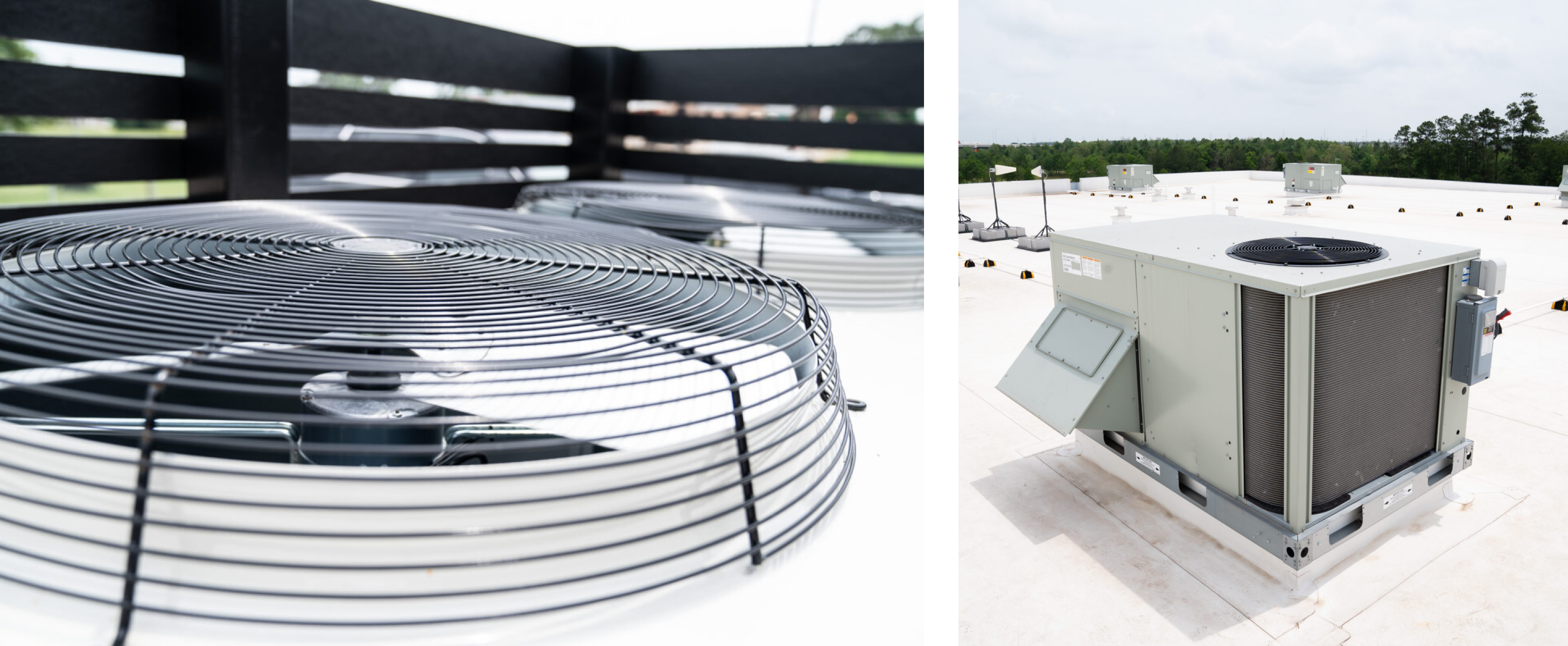Comflow Delivers Client Satisfaction With Wrike Workflow Management
Global Headquarters
Houston, TX
Website
# of users
5
License
Business Plus
Industry
Construction (industrial and commercial contractor)
Top challenges
Reactive and poorly defined processes caused chaos and led to client disappointment and delayed project delivery
Why Wrike
Wrike’s workflow management software allows Comflow to track processes, assign accountability, and proactively meet clients’ needs while reducing employee stress
Feature highlights
- Task management
- Resource tracking/allocation
- Blueprints with cascading events
- Workflow status options
- Folders (for client info, updates)
For over 20 years, Comflow Mechanical Services has been providing industrial and commercial contracting services, with expertise in high-efficiency heating, ventilating, and air conditioning services. Based in Houston, Texas, Comflow employs just over 100 people.
25%
reduction in email
10
weekly hours saved
25%
increased productivity
3-5%
increase in profit margins
30%
increase in revenue YOY
Streamlining workflow chaos and redefining processes
The construction industry doesn’t typically utilize technology. As Granger Snodgrass, Vice President of New Construction at Comflow Mechanical, explained, “The construction industry is basically in the Stone Age in terms of technology.” Instead of adopting new technology that could streamline their work, construction-related companies typically rely on a combination of emails, folders, and spreadsheets, leading to chaotic processes and unhappy clients.
Emails and spreadsheets might suffice when managing a handful of projects, but they can lead to total chaos when teams are working on multiple projects, each with multiple steps. Granger said, “The chaos comes because, at any given time, we’re expected to manage 25 projects or more and, on every project, we’re buying from six to 10 different vendors and hiring between two and six different subcontractors for the project.”


Managers at Comflow Mechanical are also tasked with overseeing and organizing schedules and contract documents throughout the entirety of a contract’s duration. “During those 25 projects, you’re in any given state — some are closing, some are opening, some are in the middle,” recalled Granger. “And so there’s no flow with how that is going to operate.” Additionally, Comflow faced challenges with regard to task ownership. “Not having clear roles defined within any process led to stress for team members,” he said.
Granger said he realized early on in his career that these process issues would cause confusion for construction companies, but hadn’t yet found a solution to eliminate the process chaos. “These issues aren’t going to change, so we have to change how we operate and handle them,” Granger acknowledged.
Transforming project management with Wrike’s blueprints
In speaking with a friend who worked in engineering about the issues Comflow was facing, Granger was advised to try a work management tool. Intrigued, Granger started free trials with several different work management software options, including Wrike.
“Most management tools are specific to the engineering or tech industry, but Wrike offered unique solutions that fit into my industry,” he said. The result was a clear transformation: “We were able to manage projects and all tasks through Wrike, which ensured that no task was forgotten and that all tasks were completed in the correct order.”

“Organization, efficiency, and collaboration increased by nearly immeasurable amounts.”
Granger Snodgrass, Vice President of New Construction, Comflow Mechanical
Wrike allowed Granger to delegate specific tasks to each employee and clear up any confusion around task responsibility. He credits blueprints with cascading events with keeping Comflow Mechanical’s processes on track: “All I have to do is put that in as a task item, assign the team member, assign an allotted amount of time for that task to take place, and then move on down the line.” Then, Granger set up automations so that when one task is completed, the next instantly shows on the assignee’s to-do list. “We go down the sequence of events for every project, from receiving a contract to closing a project, and nothing is missed.”
Blueprints and automations add accountability
In order to fully adopt Wrike for process management at Comflow Mechanical, Granger reassessed the roles each employee held. “You need really clear, defined roles for everyone to ensure that the projects move as they need to move,” he explained. “Using a tool like this is really easy because each task is assigned to a specific team member.”
In addition, Wrike’s capabilities for process management and resource allocation actually pushed Comflow Mechanical’s management to completely rewrite every process in Granger’s division. He explained, “Because we understood that for Wrike to work properly as a tool, we needed more organization, and all of this has led to stronger collaboration and a huge increase in efficiency.”

“We don’t live in a world of chaos. My employees are pretty stress-free, and a lot of that is because we know what’s happening day to day. And we know what's happening next week. And it’s all laid out by using this tool.”
Granger Snodgrass, Vice President of New Construction, Comflow Mechanical
Defining employee roles enabled Granger to put previously chaotic processes into Wrike, gaining visibility and transparency that helped Comflow Mechanical become a leader in client satisfaction. “I like to brag that we’re probably one of the only mechanical contractors, at least in [Houston], that at any given time you can call us and ask us on any project, ‘Where’s your equipment?’ And we can find out within 30 seconds.”
That’s all because of the system Granger has set up in Wrike. “Our clients always want to know, ‘When is this coming, when is that coming?’ Wrike gives me the ability to have that information immediately,” he said. He sets up each client with a project that has subtasks and lists of the equipment that will be shipped to the warehouse. Granger is able to plug lead times into Wrike, which, in turn, are assigned to the Comflow warehouse manager. This detailed list becomes the warehouse manager’s to-do list, which enables them to track each arriving piece of equipment, plan space for shipments arriving, and store items together in the warehouse for added ease of accessibility when the project is ready to kick off.
Automations have enabled the Comflow team to keep their warehouse organized, keep projects flowing on time, and keep clients informed. In fact, Granger explained that the Wrike mobile app enables Comflow superintendents on site to give detailed updates to clients: “When my superintendent goes to sites and talks to our clients, he’s able to look at his app on his phone, and know exactly when each piece of equipment is coming. He can say, ‘Hey don’t worry, in the next two weeks, all of your equipment will be in the warehouse, everything will be ready to go.’”
Improved transparency delivers increased revenue and wider profit margins
When choosing Wrike, Granger was enticed by the opportunity for Comflow Mechanical to set itself apart from the competition by embracing technology. “As a leader of my division, it was clear that if we could put ourselves at the forefront of tools like Wrike and get closer to automation, we would have a huge advantage in our industry.” Granger predicted that Wrike would help Comflow lower overhead and increase productivity and revenue — and he was right.
Adopting Wrike helped Comflow Mechanical increase profit margins by 3-5% the following quarter, and the company has seen a 30% increase in revenue year over year. “I expect this will continue to increase as we show clients our abilities, efficiency, and organizational strengths through Wrike,” Granger said.
A major reason Comflow has achieved those results is that it can now avoid costly bottlenecks before they impact project delivery. “Being ahead of things helps us ensure that we can maintain higher profit margins,” Granger explained. “We see things coming earlier, so we’re able to pivot and do something about it.” Of course, these results also boil down to satisfied clients: when projects run smoothly thanks to successful process management in Wrike, those clients are more likely to return to Comflow for future projects.
Comflow Mechanical now plans to expand into new markets. As Granger speaks to potential clients, he’s able to show them exactly how their team stays on track. “Wrike allows me to physically show clients how we differentiate ourselves from our competition,” Granger remarked. “We can be trusted.”

“Every time we input a new process and track it through Wrike, I don’t understand how we were doing it before. Wrike touched on and helped with every strategic imperative I had identified for our division.”
Granger Snodgrass, Vice President of New Construction, Comflow Mechanical
Find out how Wrike can help your business
Schedule some time to talk with one of our experts.



